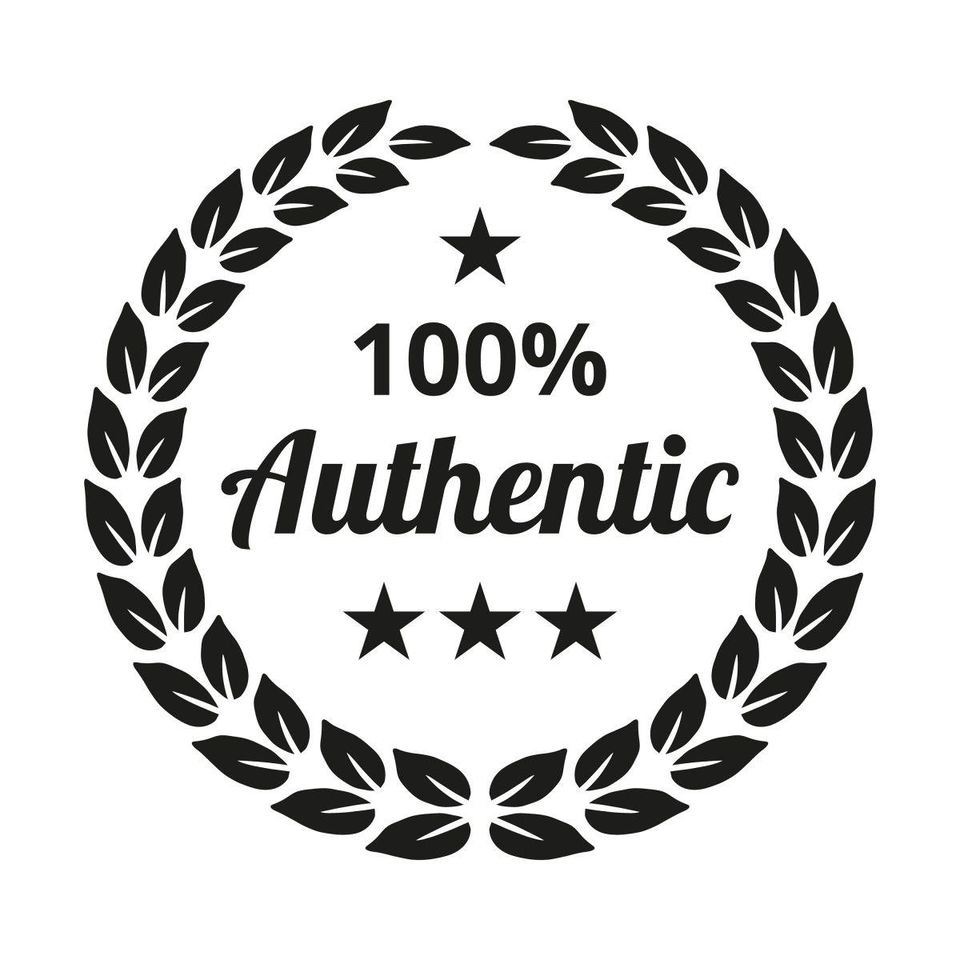Be authentic
#managing_others Why is authenticity so important when you're managing others? Why is it so hard?
I want to share with you a shockingly profound idea. People aren't stupid.
I mention this because humans have an extraordinary ability to tell when someone is dishonest, hiding something, spinning a story, or otherwise being inauthentic. Do not underestimate this.
As managers, it may be especially tempting to bend the truth from time to time, but I implore you to be your authentic self. In the long run, what you'll discover is that trying to outwit another person, teams, organizations, or your company is exhausting. The crimes committed in the form of untruths, half-lies, alligator tears, and other unsavory theatrics need to be kept up. At best, this is exhausting, and at its worst, it is career-limiting.
To be authentic means speaking your mind as often as you can. It means delivering bad news when people are concerned. It means providing performance feedback when you know it might hurt someone's feelings. It means admitting you failed and publicly accepting your limitations.
I'm convinced that the troubles leaders face can always be traced back to the moment they were less than authentic. Nobody is genuine all the time, but it's one of those impossible values worth striving for all the time. It is not easy, and sometimes being authentic may irreparably damage relationships.
The trick is to avoid the easy trap of being inauthentic, while simultaneously not damaging relationships by being authentic.
Should you manage this balancing act consistently as a leader, you'll increase engagement in your organization's cause, and you'll simultaneously increase belonging.
There's a secular movement, as I'm not sold yet on bringing your whole self to work. Rooted in this idea, though, is something more specific, be authentic. Your authentic self is your best self.


